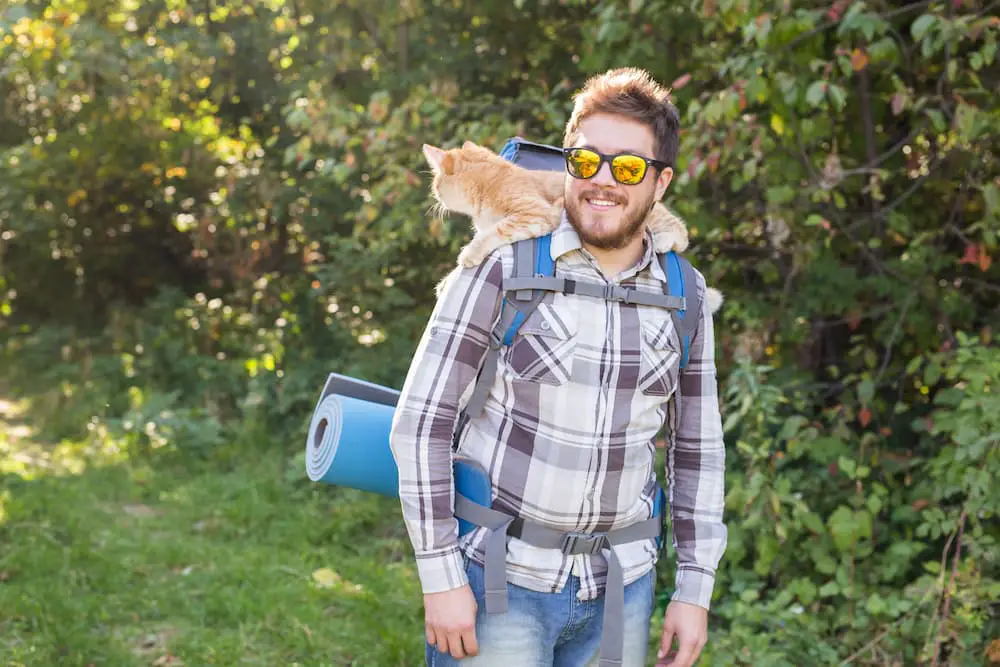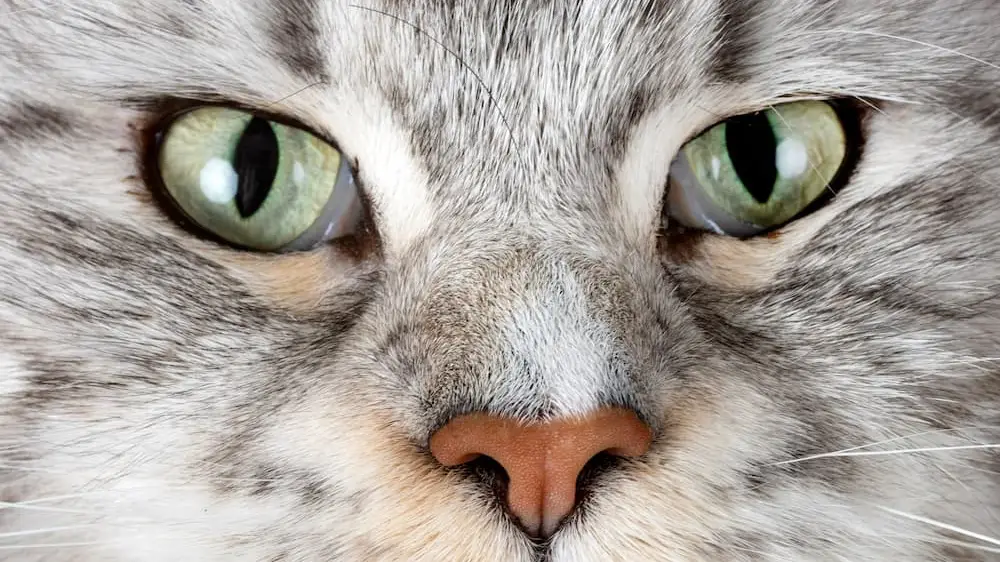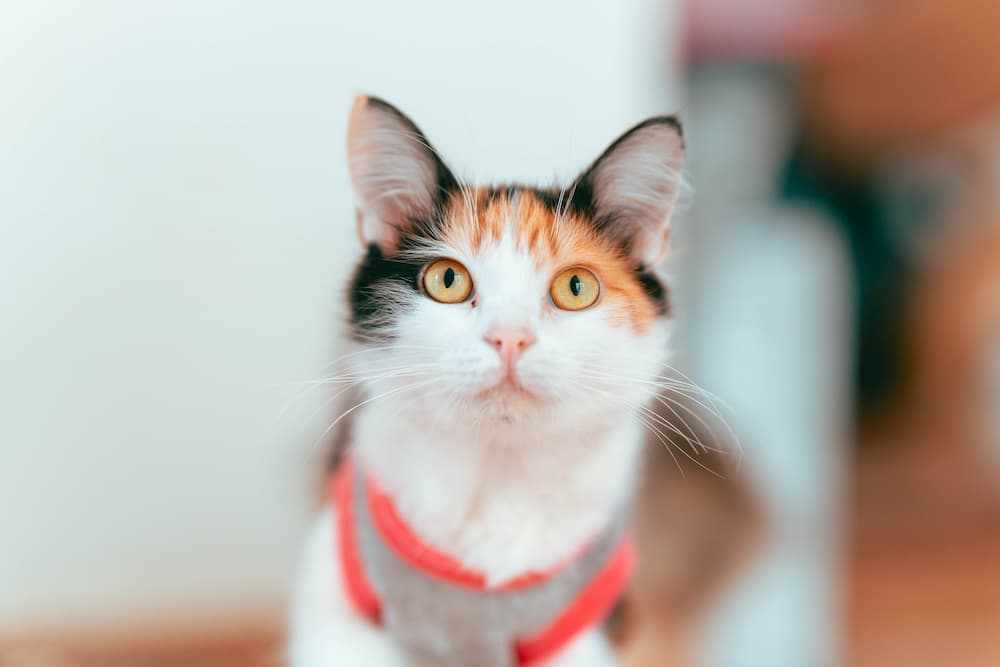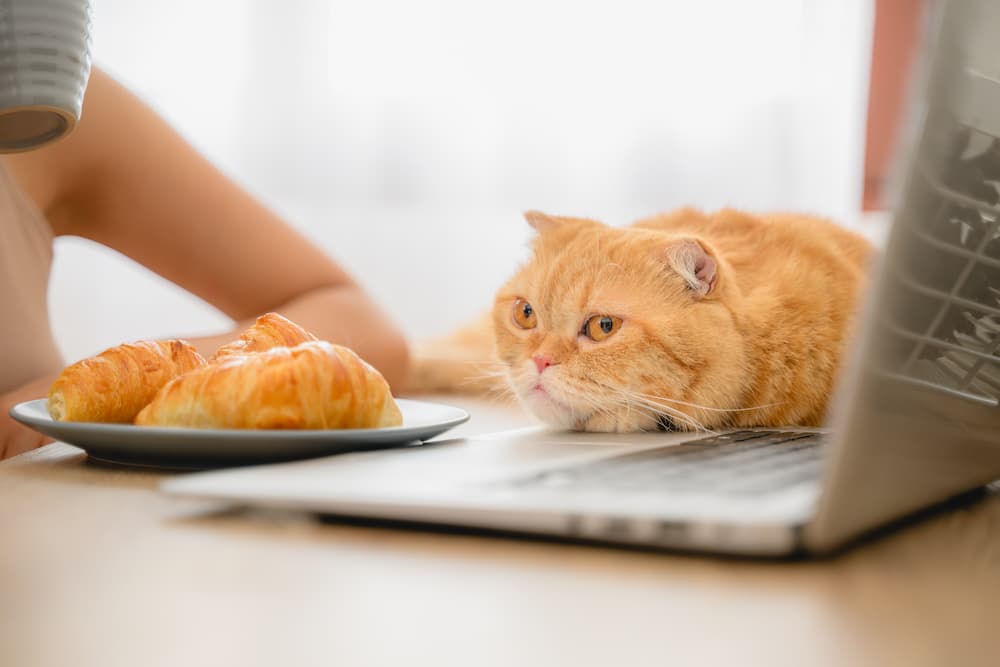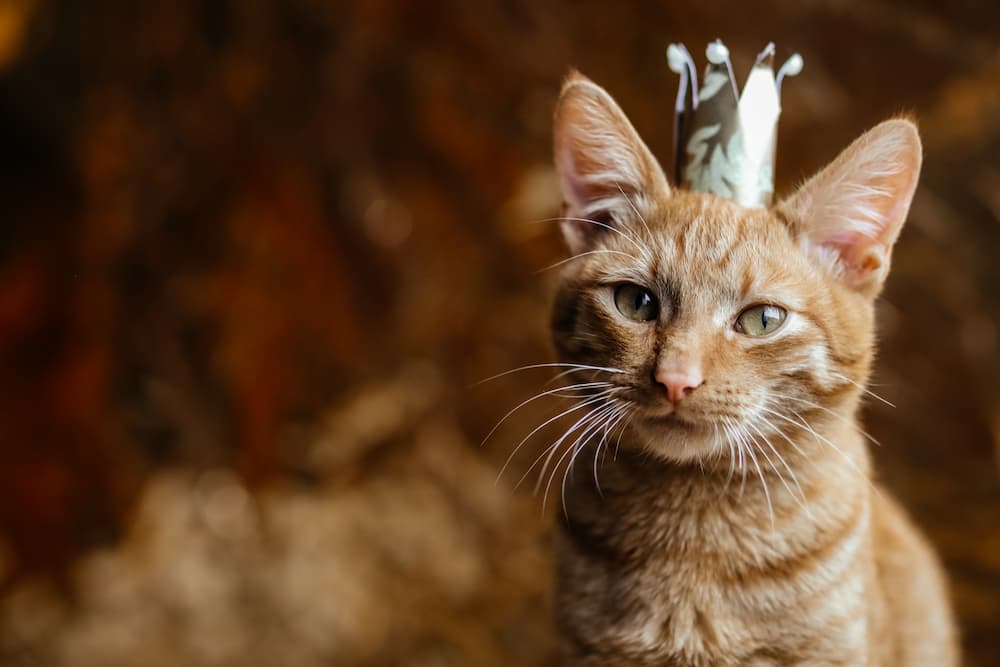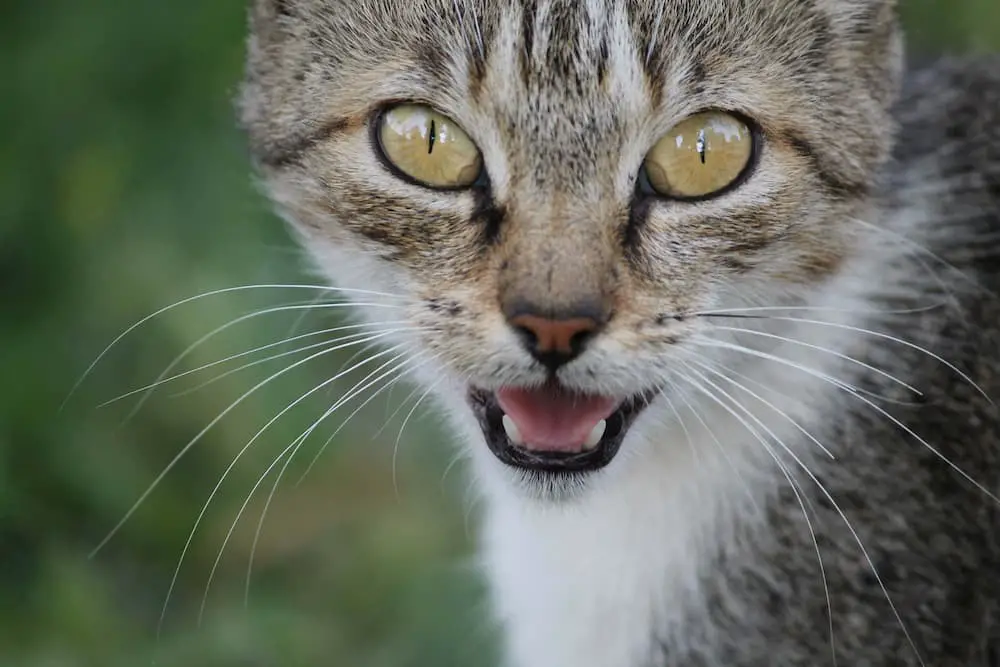Maintaining a healthy weight in cats is critical for their overall well-being and longevity. Overweight or obese cats can suffer from a myriad of health problems such as diabetes, arthritis, and heart diseases. Proper cat feeding plays a pivotal role in weight management and can significantly contribute to preventing weight gain. However, many cat parents make common mistakes in cat feeding that unknowingly lead their feline friends toward weight gain, highlighting the need for awareness and corrective action. This article will discuss some of the most common cat feeding mistakes and provide tips on how to avoid them.

Common Cat Feeding Mistakes Leading to Weight Gain
Free Feeding
One of the most rampant cat feeding mistakes is not controlling portion sizes correctly. Many cat parents assume that their feline friends will eat only what they need. However, much like humans, cats might overindulge, especially if they find the food particularly palatable. Leaving a full bowl of food out for your cat throughout the day, known as ‘free feeding’, might seem convenient, but it may lead to overeating and subsequent weight gain. It’s important to measure your cat’s food and provide precise portions according to their age, weight, and activity level.
Treating with Treats
We all love showering our cats with treats for being good or just because we want to pamper them. However, treats can be high in calories, and indulging in them too often can lead to weight gain. Some cat parents make the mistake of using treats as a primary food source, leading to an unbalanced diet and weight gain. If you want to treat your cat, opt for healthy, low-calorie options and treat in moderation.
Human Food Feeding
It’s tempting to share our meals with our feline companions, but human food can be dangerous and fattening for cats. Foods high in fat, sugar, and sodium can lead to weight gain and other health issues in cats. Additionally, some human foods are toxic to cats, such as onions and garlic. It’s best to stick to a balanced and nutritious feline diet designed for their specific nutritional needs.

Not Considering Age and Lifestyle
Different ages and lifestyles require different nutritional needs for cats. Kittens have higher energy requirements than adult cats, and senior cats might need less protein and more fiber in their diet. Additionally, an indoor cat will have different needs than an outdoor cat. It’s important to consider these factors when choosing a suitable diet for your cat to avoid overfeeding or underfeeding, which can both lead to weight gain.
Lack of Variety in Diet
Cats are known to be finicky eaters, and some cat parents may stick to one type of food because their cats prefer it. However, feeding your cat the same food every day can lead to a lack of essential nutrients in their diet and boredom with their meal. Ensure your cat’s diet includes a variety of high-quality proteins, healthy fats, and essential vitamins and minerals from different sources to keep them interested in their food and prevent weight gain.
Inadequate Water Intake
Water is essential for cats’ overall health and helps with digestion, maintaining a healthy weight, and preventing urinary tract problems. Some cat parents may not realize that their cats are not drinking enough water, especially if they consume primarily dry food. Consider adding more wet food to your cat’s diet or investing in a pet fountain to encourage them to drink more water.
Lack of Exercise
Just like humans, cats need regular exercise to maintain a healthy weight. However, some cat parents may not provide enough opportunities for their cats to be physically active, especially if they are indoor-only cats. Consider playing with your cat using interactive toys or providing them with scratching posts and climbing structures to keep them moving and prevent weight gain.
Recognizing the Signs of Weight Gain
It’s important to keep an eye on your cat’s weight and body condition, as gradual weight gain can easily go unnoticed. Signs of weight gain in cats include difficulty grooming, a noticeable ‘potbelly’, and less energy and playfulness. If you suspect your cat is gaining weight, consult with your veterinarian to assess their current weight and body condition score and develop a plan to help them lose weight safely.

Weight Management Strategies
Establishing a Regular Feeding Schedule
A regular feeding schedule is a key factor in weight management for your cat. Instead of free feeding, try to schedule specific meal times each day. This method can help control portion sizes and prevent overeating. Measure out your cat’s food based on their weight, age, and activity level, and ensure they are eating a balanced diet. If you have multiple cats, make sure each cat has their own food bowl to prevent competition and overeating.
Choosing Appropriate Cat Food for Weight Management
Selecting the right cat food is essential for maintaining a healthy weight. Consider foods specially formulated for weight management, which are typically high in protein and fiber but low in fat and calories. These foods help your cat feel full and satisfied without consuming excess calories. Always check the nutritional information on the cat food packaging and consult your vet if you have any questions or concerns. Remember, what works for one cat may not work for another, so it may take some trial and error to find the best food for your feline companion.
Incorporating Play and Exercise into the Cat’s Routine
Regular physical activity is crucial for cats of all ages to maintain a healthy weight. Playing with your cat not only provides exercise but also strengthens the bond between you and your furry friend. Interactive toys, such as feather wands or laser pointers, encourage your cat to move and can be a fun way to keep them active. Additionally, providing your cat with a scratching post or climbing structure can also help them stay active and prevent weight gain.
Seeking Veterinary Advice for Tailored Weight Loss Plans
If your cat is overweight or obese, it’s essential to seek veterinary advice before starting any weight loss plan. Your vet can determine your cat’s ideal weight and body condition score and develop a tailored weight loss plan that takes into account their age, lifestyle, and any underlying health conditions. They can also provide guidance on monitoring your cat’s progress and adjusting their diet and exercise routine accordingly.
Conclusion
In conclusion, avoiding common mistakes in cat feeding is important in preventing weight gain and promoting a healthy lifestyle for our feline companions. By understanding the correct nutritional needs of our cats and incorporating a balanced diet, regular exercise, and veterinary guidance into their routine, we can help them maintain a healthy weight and live a long and happy life. Remember to always consult your veterinarian if you have any concerns about your cat’s weight or overall health. Together, we can ensure our furry friends stay fit and healthy for years to come.
The Catington Post is reader-supported. That means, if you make a purchase through links on our site, we may earn an affiliate commission. All images and names which are not the property of The Catington Post are the property of their respective owners.
